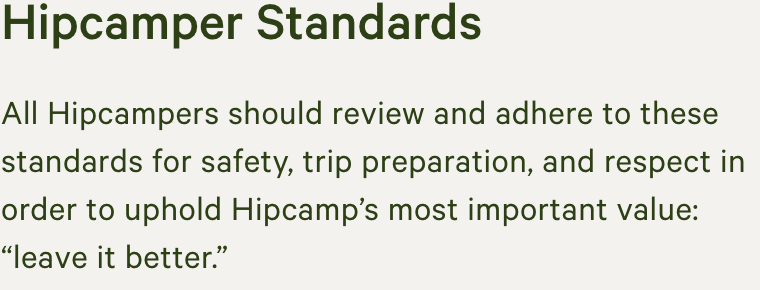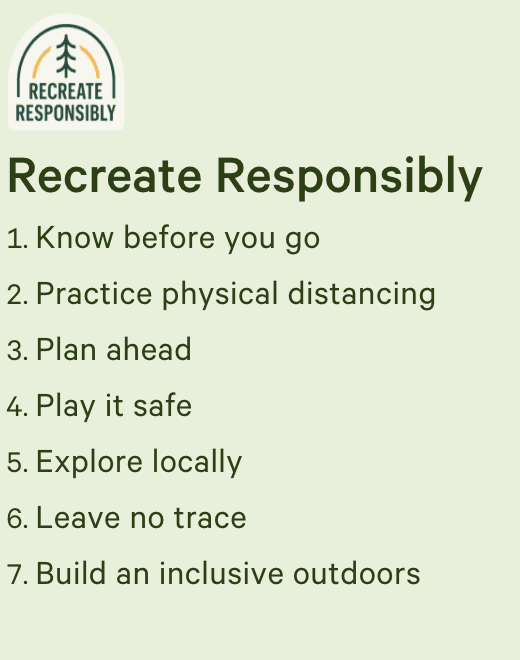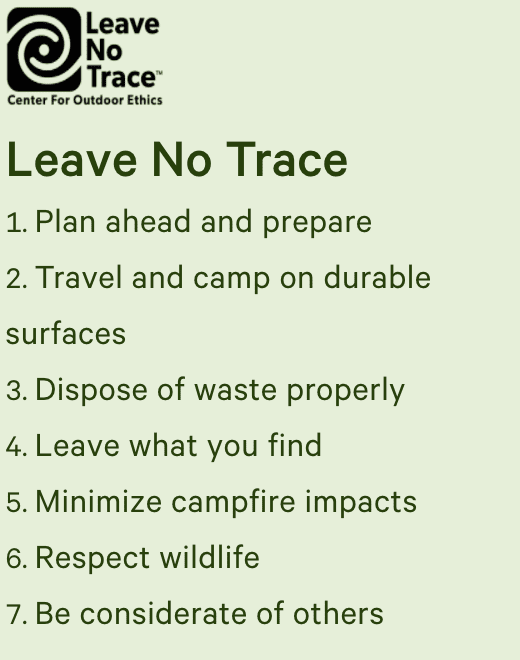1 acre hosted by Lynne J.
8 tent pitches
Best in Scotland: 1st place
Named one of the best Hipcamps to visit in 2024.
Amazing views
Hipcampers say this spot has amazing views.
Family-friendly
Recent Hipcampers say this Hipcamp is great for families and kids.
Best all-around: Finalist
Named one of the best Hipcamps to visit in 2024.
A small, off-grid campsite with alpacas in the historically rich southern Scottish borders
Activities
Fishing
Hiking
Wildlife watching
Natural features
Forest
Field
98% 





109 Ratings · 81 reviews
Claire B.recommends
September 29, 2024
Hattie's Hideaway
Absolute gem of a place!
We absolutely loved our stay. The Alpacas were so lovely and our 2 girls loved the chance to take them for a walk! Lynne was a brilliant host and we will absolutely come back again soon!
Oliver H.recommends
September 3, 2024
Woodland Wonder
We had a lovely night at Bierhope. Nice clean, tidy and quiet site. All the staff were very friendly and welcoming. The alpacas and goats were very polite.
We were on the woodland pitch which was very private. Probably the most private pitch on the site.
It was a shame we were only staying for 1 night on our way back from further north in Scotland!
Louis R.recommends
August 31, 2024
Woodland Wonder
Great time with the Alpacas!
Highly recommend! We had a great nights stay in Phil’s patch with beautiful views. We went on an amazing walk with Graffiti & Buddy the Alpacas. Chloe who took us on the walk with the Alpacas was very knowledgeable and answered hundreds of questions from us on the Alpaca trek- she was a great tour guide and very friendly. Highly recommend .
Gary L.recommends
August 31, 2024
Woodland Wonder
Laid back camping!
My son and I spent 3 nights camping on the Woodland Wonder pitch. The location was lovely and peaceful. The pitch itself was separate from the rest and large. Being in the trees provided shelter from the wind but it was a little bit muddy from all the rain. Our spirits were not dampened though and Lynne and her alpaca team were really helpful throughout our stay. The laid-back vibe was perfect as was the bucket shower!
Patricia B.recommends
August 28, 2024
Phil's Patch
Camping and costumer service
We loved camping here! It was our first time camping and Sarah helped us with instructions and she even helped us with the tent as we didn’t had experience.
Lovely costumer service and location.
The alpacas was a special part of the experience, we interacted with them and was just so lovely.
I would definitely recommend and come back.
Sarah G.recommends
August 26, 2024
Hattie's Hideaway
A lovely time!!
We had a lovely time at our pitch on Hattie's hideaway! Lynne was lovely and had great tips for things to see and do in the area! The alpacas were of course adorable and right next to our pitch, so we could see them easily as we went about making breakfast! We joined an alpaca walk which was a great time, and made friends with the cats and dogs too! The weather was a little rough, but Lynne kindly helped us out with a stove in the sheltered kitchen area as we had rather naively thought to cook over an open fire and were having words with the rain and wind that kept scuppering our attempts to fry eggs! Overall a great time despite storm Lilian!
Location
Kelso, Roxburgh, Ettrick And Lauderdale, Scotland, United KingdomTo respect the Host's privacy, the precise address of this land will be provided after booking
Hosted by Lynne J.
Joined in June 2021From the host
Nearby attractions
Food and drink
Things to do nearby
More camping spots nearby
Campers also viewed...
Safety at Hipcamp
Hipcamp is created with ❤️ and hope for our future.











